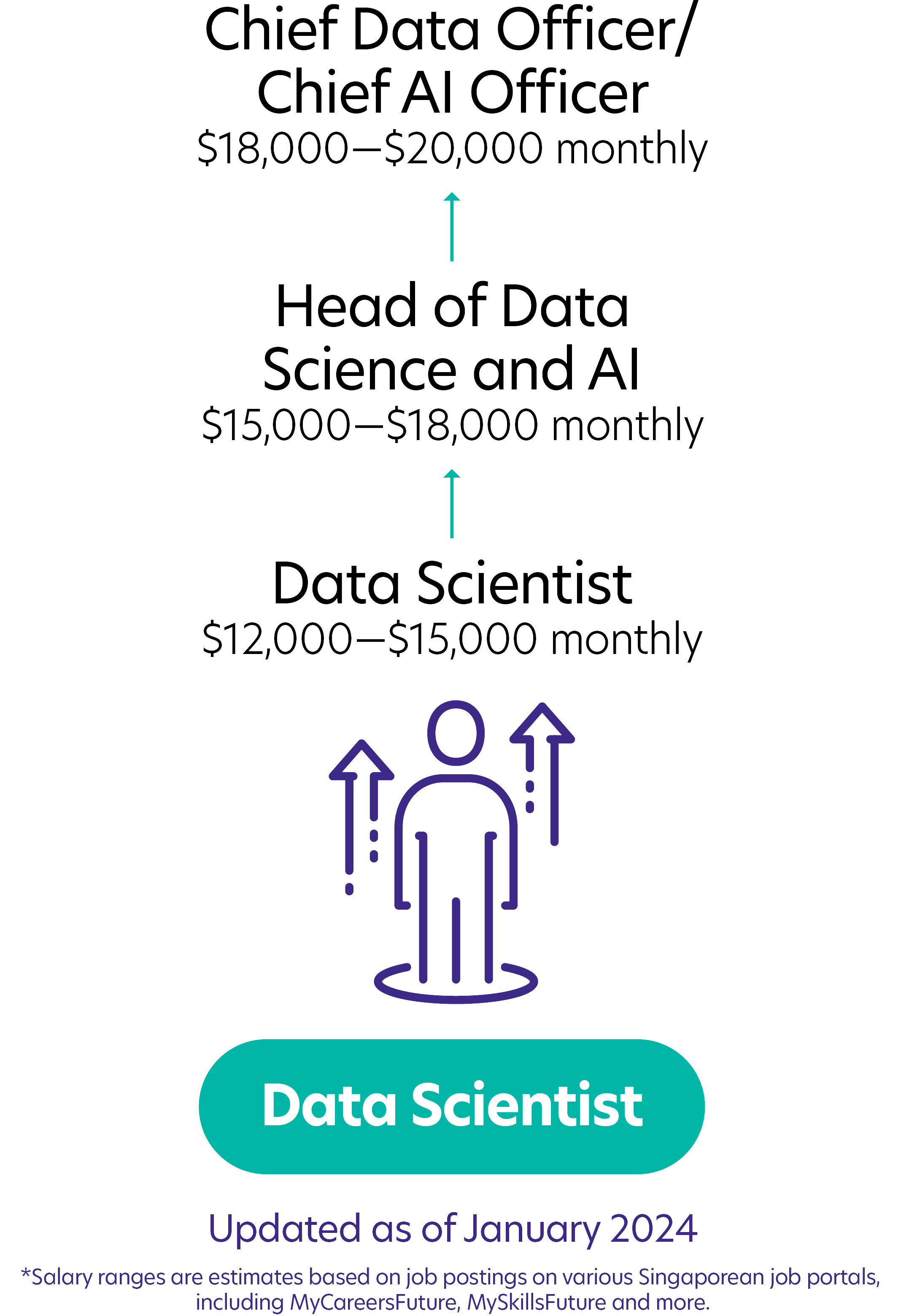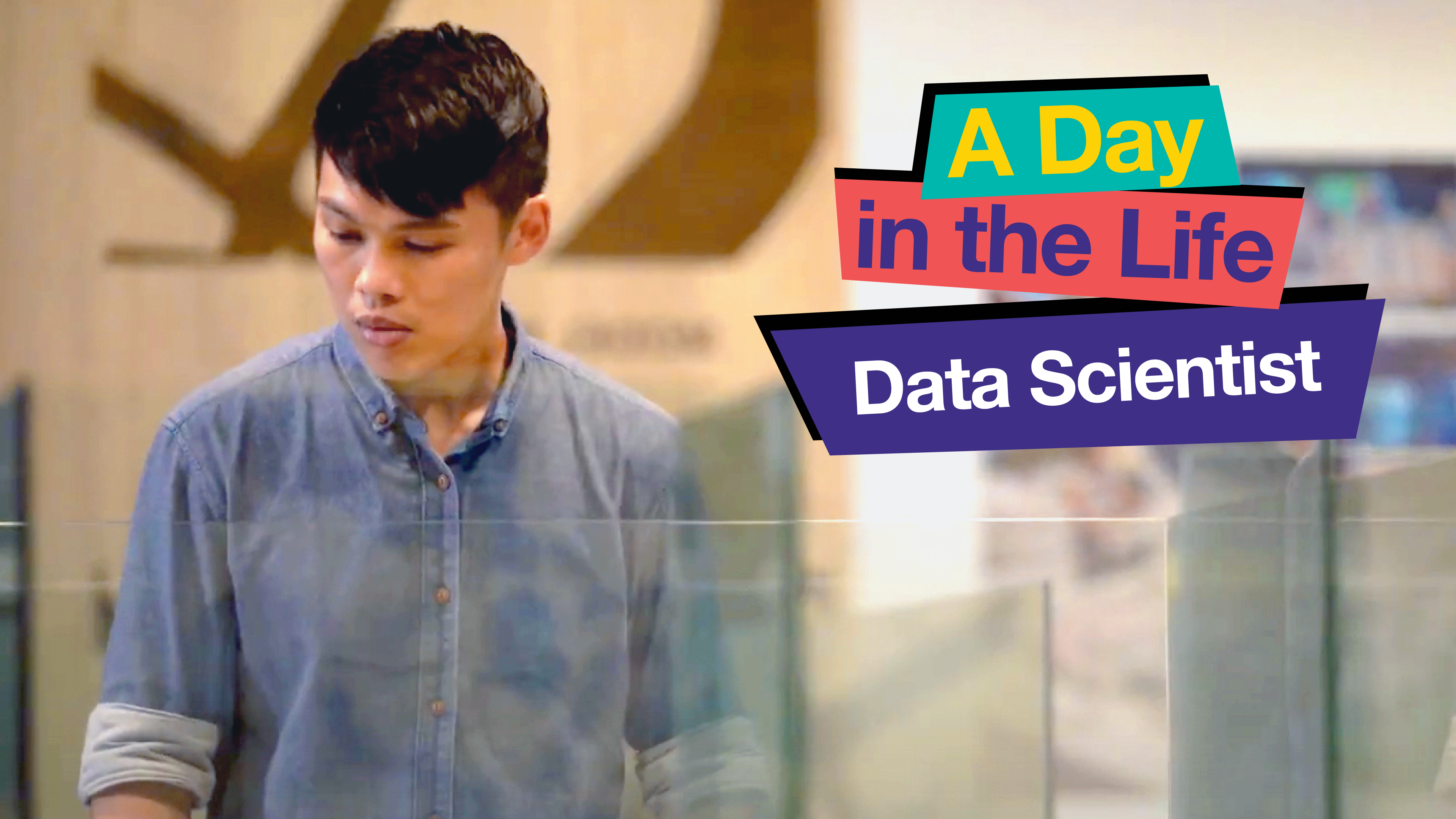
Data Scientists make use of analytical, statistical, and programming skills to collect, analyse, and interpret large data sets. This information is used to develop data-driven solutions to solve difficult business problems.
Data Scientist Job Description
- Clean and organise data to be used for analysis.
- Develop data visualisations to effectively present insights and stories to the stakeholders.
- Identify new business questions that will value-add.
- Develop new analytical methods and machine learning models for the client.
- Monitor and ensure the business model’s remains aligned with the business goals.
Note
Singapore’s GovTech used a data science approach to find the problematic MRT train that was responsible for the series of breakdowns!
What you should know about Data Scientist jobs in Singapore
Nature of work
As Data Scientists, you will engage in data analysis to extract meaningful insights from complex datasets using machine learning and predictive modelling.Key advice
You need to be good at Advanced Maths to understand various algorithms and design better models based on your knowledge.-
Entry RequirementsEntry Requirements
- A bachelor's degree in Statistics, Mathematics, Computer Science or related fields is preferred.
- Lots of textbook learning on machine learning algorithms! As a Data Scientist, you will need to know and understand what algorithms to use to adapt the models to suit your needs.
- Gain work experience - try to get internships or part-time jobs.
-
Possible PathwayPossible Pathway

Skills you need to pursue a Data Scientist career in Singapore
Machine Learning Skills
Design and implement machine learning models to analyse complex datasets and predict trends.Programming Languages
Use Python, R, or Java for data manipulation, statistical analysis, and algorithm development.Business Innovation
Leverage data insights to drive business growth and innovation.Project Management
Plan, execute, and lead data science projects, ensuring they meet deadlines, budgets, and objectives.Deep Learning
Knowledge of deep learning frameworks like TensorFlow or PyTorch for more advanced AI projects.Problem-Solving
Identify, analyse, and solve complex problems using data-driven approaches.Patience
Persistence and resilience in working through complex data analysis processes and research.Critical Thinking
Ability to critically evaluate data, methodologies, and results to ensure accuracy and relevance.Leadership
Lead teams, make decisions, and inspire others in the pursuit of data-driven objectives.Transdisciplinary Thinking
Combine knowledge from different disciplines to enhance data analysis and interpretation.
“Don't see errors as failures, be positive. These are important lessons to help you improve over time.”
Songyu, Data Scientist
Related Job Roles
Explore Other Programmes
Browse AllYou have bookmarked your first item!
Find it in My Discoveries with insights on your interests!











